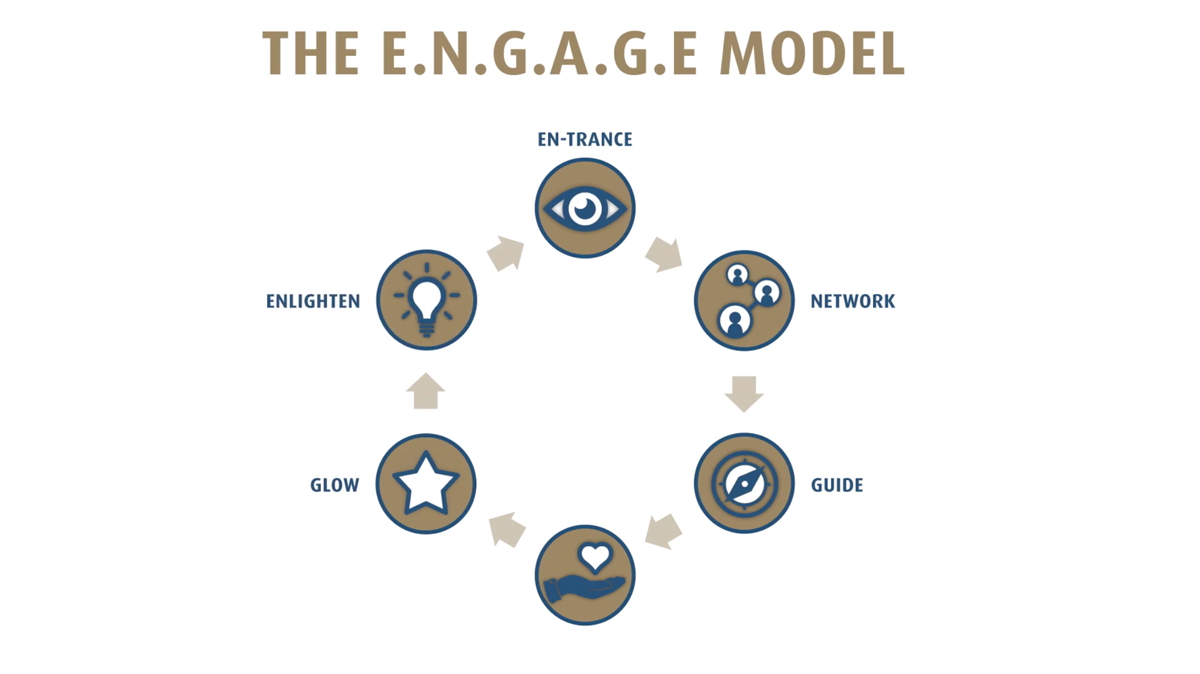Is the Way You Act at the Office Ruining Your Career?
Posted By Duncan Fish on September 17, 2017

Let’s talk about Bill, one of my clients who came to me extremely frustrated.
Even though Bill is a top thinker in his field, with years of technical experience and the unwavering trust of his superiors to get the job done, he’s been passed up for a promotion for several years now. He came to me with one big question — why?
He does excellent work. He’s an extremely bright guy. He’s been loyal to his company and rarely takes a day off. He volunteers for overtime when it’s needed and he does whatever he’s told without question. To Bill, he’s been the perfect employee. So what’s happened? Why does he keep missing out, while his colleagues who really aren’t as technically brilliant as him, or even as loyal, keep moving up the ladder?
It only took a little bit of probing to discover what Bill’s problem was. Yes, he was an extremely loyal employee. He showed up early, stayed late, was never tardy turning in his work and was forever diligently working while his colleagues were goofing off in the break room, or heading out a few minutes early to grab a few drinks at the nearby pub. He even volunteered to stay back at the office to hold down the fort, while a team of his coworkers went on a two-day retreat.
Have you figured out Bill’s problem yet?
While yes, Bill is a highly desirable technical employee, while he was grinding away to put together the perfect reports, his colleagues were out actually building relationships. Here’s the thing — given Bill’s technical, perfectionist nature, those reports would likely be perfect even if he did finish them on time (instead of early). He could have easily gone out for after-work drinks with the rest of the office crew, in order to build rapport with not only his bosses but also his peers, while still maintaining his technical reputation.
Of course, this kind of thing is never easy to hear for someone like Bill. Bill doesn’t like going to those social, small-talk events. He’s not interested in chatting about the weather or your latest golf game. He’d rather talk about something serious and work-related or not at all. He had to actually make an effort to get out of his comfort zone and start interacting with his coworkers.
It was a slow start, and it was all built on small interactions, which led to more meaningful conversations, but in the end, established his rapport and made him an actual living, breathing individual in the office, rather than just a machine cranking out perfect work. The result? Bill received his promotion, and all it took was his realisation of the issue, and then his baby steps toward the solution, all starting with a little small talk which led to him building his relationships.
Thoughts?
Could you easily swap places with Bill in this story, and the same narrative apply to you? Do you hate going out with your coworkers or making chit chat by the water cooler? Would you rather be hunched over your keyboard clicking away, than sharing a coffee break with a colleague?
It’s time to do something about it.
This could be your Achilles’ heel, and what’s keeping you from moving forward in your career. It is because of this fact, ‘You Can’t Not Communicate’, watch this Vlog as we expound further. If you would like a free assessment of skills against the ENGAGE model, click here.



